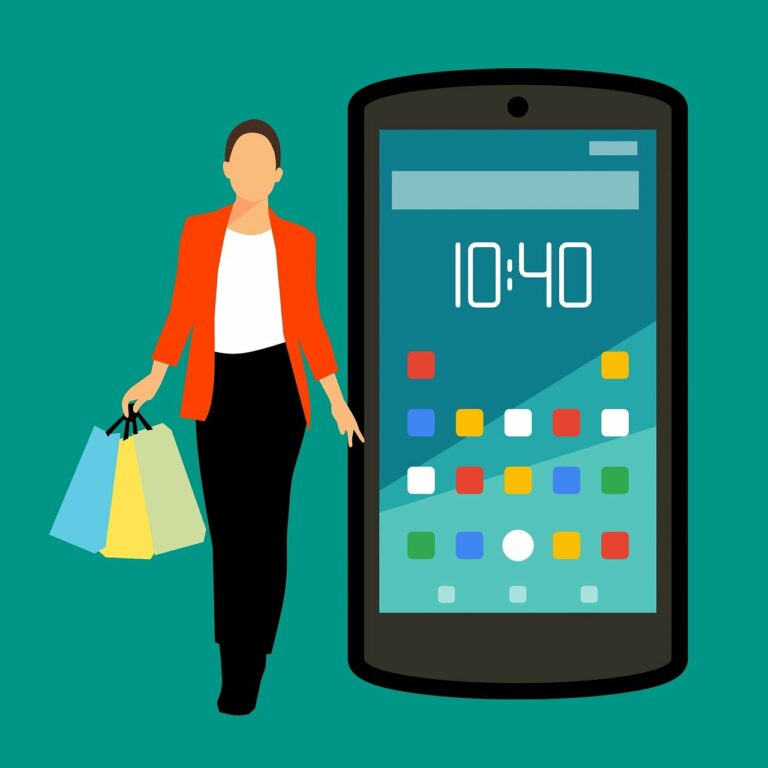Leveraging Multi-Factor Authentication for Retail Platforms
In the digital age, retail businesses face increasing challenges in protecting customer data and preventing unauthorized access to sensitive information. Multi-factor authentication (MFA) has emerged as a critical security measure in enhancing the protection of customer accounts and transactions. By requiring multiple forms of verification, such as passwords, biometrics, or security tokens, MFA significantly reduces the risk of fraudulent activities and cyber attacks.
One of the key benefits of implementing MFA in the retail sector is the added layer of security it provides for customer accounts. With the rise of data breaches and identity theft incidents, customers are increasingly concerned about the safety of their personal information when making online purchases. By integrating MFA protocols, retailers can instill confidence in their customers that their accounts are well-protected, ultimately fostering trust and loyalty in their brand.
Multi-factor authentication (MFA) requires multiple forms of verification, such as passwords, biometrics, or security tokens
MFA significantly reduces the risk of fraudulent activities and cyber attacks
One key benefit of implementing MFA in retail is the added layer of security it provides for customer accounts
Customers are increasingly concerned about the safety of their personal information when making online purchases
By integrating MFA protocols, retailers can instill confidence in their customers that their accounts are well-protected
Enhancing Security for Customer Accounts
Online retail businesses store vast amounts of sensitive customer data, ranging from personal information to payment details. To ensure the protection of this valuable data and maintain customer trust, implementing robust security measures is crucial. One of the most effective methods to enhance security for customer accounts is through the adoption of multi-factor authentication.
Multi-factor authentication requires users to provide two or more verification factors to access their accounts, adding an extra layer of security beyond just usernames and passwords. By incorporating elements like SMS verification codes, biometric data, or security questions, retailers can significantly reduce the risk of unauthorized access to customer accounts. This not only deters potential cyber threats but also enhances the overall security posture of the online retail platform.
Preventing Unauthorized Access to Sensitive Data
It is crucial for businesses to implement robust security measures that prevent unauthorized access to sensitive data. With the rise of cyber threats, organizations must prioritize the protection of customer information and financial details. By incorporating multi-factor authentication into their systems, retailers can add an extra layer of security that makes it significantly harder for malicious individuals to breach their networks.
In today’s digital landscape, where cyberattacks are becoming more sophisticated, relying solely on passwords is no longer sufficient to safeguard sensitive data. Multi-factor authentication requires users to provide two or more forms of verification before gaining access to accounts or systems, such as a password along with a fingerprint scan or a one-time verification code. This added security measure ensures that even if a hacker manages to obtain a user’s password, they would still be unable to infiltrate the system without the additional authentication factors.
What is multi-factor authentication and why is it important in retail?
Multi-factor authentication is a security process that requires users to provide two or more forms of verification before granting access to an account. It is important in retail to prevent unauthorized access to sensitive customer data and protect against cyber attacks.
How can retailers enhance security for customer accounts?
Retailers can enhance security for customer accounts by implementing strong password requirements, regularly updating software and security patches, conducting security audits, and educating customers on best practices for protecting their accounts.
What are some common methods used to prevent unauthorized access to sensitive data?
Some common methods used to prevent unauthorized access to sensitive data include encryption, firewalls, intrusion detection systems, access controls, and regular security monitoring and audits.
Why is it crucial for retailers to prioritize the prevention of unauthorized access to sensitive data?
It is crucial for retailers to prioritize the prevention of unauthorized access to sensitive data to protect customer privacy, maintain trust and loyalty, comply with data protection regulations, and prevent financial losses due to data breaches.





